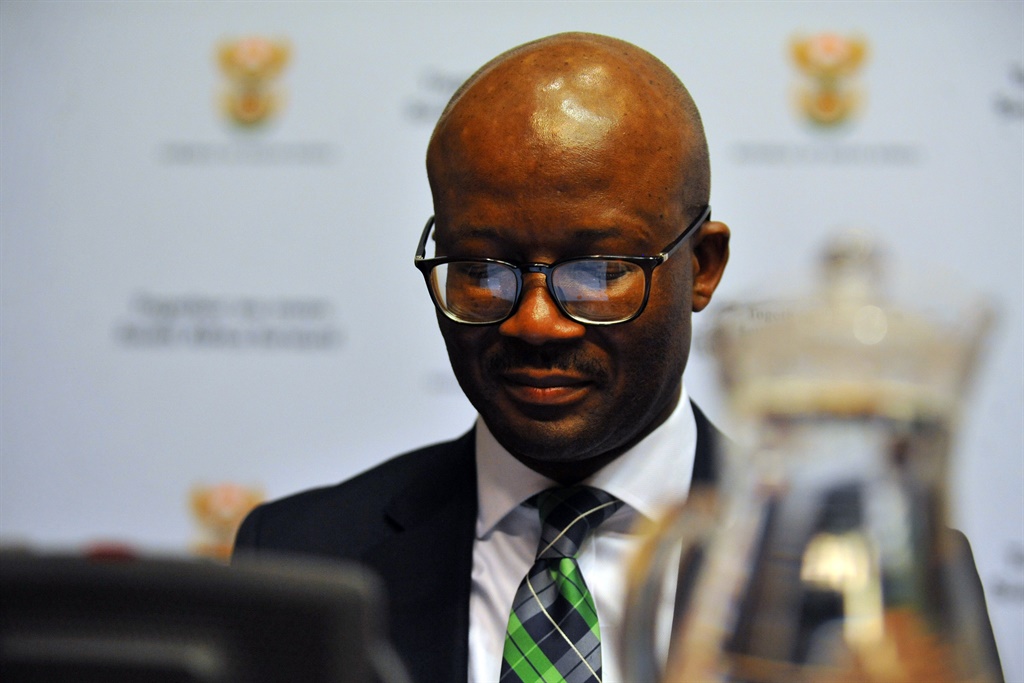
- National Treasury Director General Dondo Mogajane said the Auditor General's preventative control guides would add to instructions and reporting measures.
- Instructions on preventative measures including control systems, procurement procedures including prescribing maximum prices.
- Mogajane said the Covid-19 pandemic brought widespread illness to populations and gross corruption to governments globally.
National Treasury Director General Dondo Mogajane said changes to the preventative control guides for the Office of the Auditor General would go a long way in helping government departments, provinces, municipalities and state-owned entities get to grips with their finances and stop errant spending.
Since its establishment in 1996, the office has pointed out errant spending by government and its institutions but has lacked the legislative authority to prevent this spending from occurring.
In July Auditor General Kimi Makwetu released his consolidated municipal audit outcomes for the 2018-19 financial year, which found that 60% of the R226 billion in revenue that municipalities raised in the year under review would likely not be recovered.
The Public Finance Management Act and the Municipal Finance Management Act guide public spending with a view to preventing irregular, fruitless and wasteful as well as unauthorised expenditure, but these categories of errant spending continue to rise across the board.
While none of these categories of errant spending, save for unauthorised expenditure, necessarily point to corruption, Makwetu has consistently raised consequence management as a key weakness in public institutions’ controls.
Speaking during a virtual event to officially launch the controls on Wednesday morning, Mogajane said the Auditor General’s preventative control guides would add to the instructions and reporting measures National Treasury has taken.
"Instructions on preventative measures including control systems, procurement procedures including prescribing maximum prices, and government-wide reporting including standardised report templates, can only improve the management of public finances," Mogajane.
Mogajane said the Covid-19 pandemic brought widespread illness to populations and gross corruption to governments, both locally and internationally, but that prevention was a powerful part of curbing the challenge.
"Good governance and sound public financial management are universal tenants, and yet despite this, corruption continues to be one of the greatest obstacles to development worldwide," said Mogajane.
Mogajane said prevention of errant spending depended on many measures being implemented, including public finance management primary tools that identify and address corruption risks and strengthen the integrity of public administration.